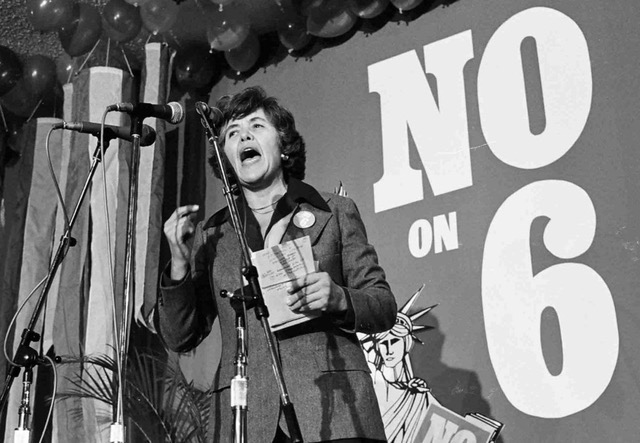“Sally!” Presented by OUTwatch Film Series Screens July 17 at Rialto Cinemas in Sebastopol
SALLY!
Presented by OUTwatch and Rialto Cinemas
Wednesday, July 17
7pm
94 minsDocumentary
A radical lesbian feminist whose trailblazing vision and ebullient personality were the spark for movements with far-reaching impacts, the legacy of Sally Gearhart has also largely been erased from history. From the defeat of the Briggs Initiative to the founding of the first Women’s Studies program in the nation, to groundbreaking writing on lesbian separatist communities, Gearhart was a fierce-hearted San Francisco political preacher at the center of many iconic movements of the 1970s and 1980s.
“Feminism has done more to save the lives of women in the last 20 years than Jesus Christ did in 2,000 years
of Christianity.” –Sally Gearhart
Sally Gearhart spearheaded the 1970s and 80s lesbian feminist movement making an indelible impact on
LGBTQ Equality and Women’s Rights; a brilliant sexy superstar who inspired thousands. So why have you never
heard of her?
From the defeat of the California 1978 Prop 6/Briggs Initiative to the founding of the Women’s Studies
program at SF State (one of the earliest in the nation,) to Wanderground, her novel that inspired lesbian
separatist communities all over the world, Gearhart was a fierce-hearted San Francisco political preacher at
the center of movements for social change.
Deftly weaving archival footage with interviews spanning decades, Sally! illuminates the personal and political
context that defines Gearhart’s legacy, humorously and thoughtfully celebrating her while also confronting the
controversies and limitations of lesbian separatism. Sally! is a rare watch that honors its subject as both an
icon and a beloved, complex individual.





